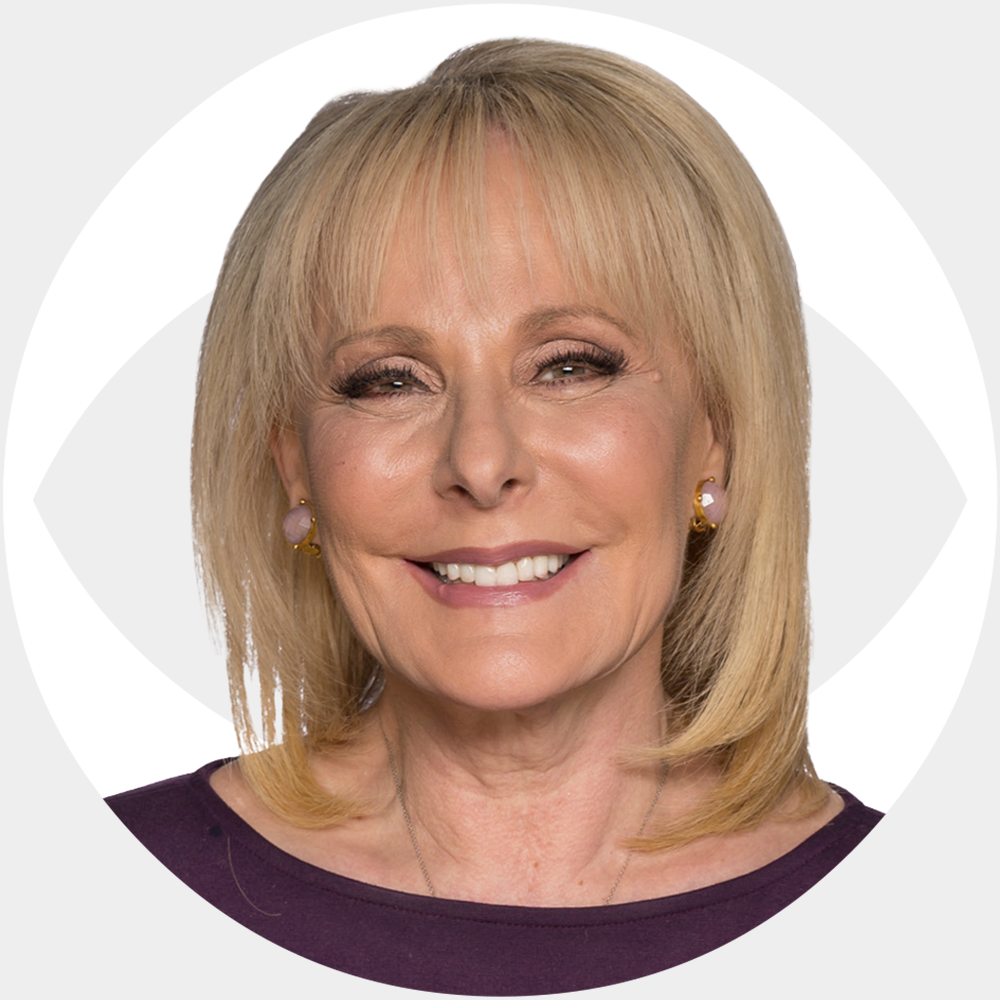New York Gov. Kathy Hochul touts congestion pricing success after feds extend deadline to end toll
A day after the federal government extended the deadline for New York to end congestion pricing, Gov. Kathy Hochul touted the success of the tolls.
Friday was supposed to be the federal deadline to end the controversial tolling program, but the U.S. Department of Transportation pushed the date back another 30 days.
Under the program, Hochul says Manhattan traffic is down, while subway ridership and business in the borough are up.
"This was not an easy journey -- countless lawsuits, people going on television constantly berating this, saying it wouldn't work -- I want them to come here now and feel a very different New York City that is very alive and it's vital," she said. "It is not jammed and stuck in traffic, we are moving once again."
Hochul rides bus to congestion pricing rally
Hochul and MTA officials rode a crosstown bus to their press conference in Chelsea in support of congestion pricing. Once there, the governor led hundreds of supporters in chanting, "Traffic is down, business is up," at the beginning of her remarks.
While Hochul did not reveal details of a potential deal with the Trump administration on the tolls, she did invite President Trump to New York City to judge the impact for himself.
"This is important that this now becomes a long-term trend. People's behaviors are now shifting," Hochul said on the bus. "I've had very good conversations with the president, and I'm going to continue doing that."
On Thursday, Transportation Secretary Sean Duffy said the federal government would extend its March 21 deadline for New York to stop collecting the Midtown tolls.
"[Gov. Kathy Hochul] — the federal government and [President Trump] are putting New York on notice. Your refusal to end cordon pricing and your open disrespect towards the federal government is unacceptable," Duffy wrote Thursday on social media. "We will provide New York with a 30-day extension as discussions continue. Know that the billions of dollars the federal government sends to New York are not a blank check. Continued noncompliance will not be taken lightly."
A tug of war with the Trump administration
There has been an intense back-and-forth since Mr. Trump announced he was killing congestion pricing by reneging on the federal approvals granted by the Biden administration.
Since that time, the MTA sued to stop the feds, the feds ordered the cameras to go dark, then they threatened to withhold funding unless crime went down, and now they issued a 30-day extension as talks continue.
"I think there's always going to be threats," Hochul said. "If the Secretary of Transportation is so worried about safety, why don't you look upward and worry about safety in the skies, which you actually have control over."
At Friday's spirited rally, Hochul reiterated her stance that "the cameras are staying on," but said she is open to having more dialogue about congestion pricing with Mr. Trump.
"I have a direct communication line to the president and I feel confident that we'll find a path forward," she said.
Hochul seemed willing to do more to improve subway safety, and is even supporting a partial ban on the kinds of face masks worn by those who commit crimes.
"So if they want to help us make it even safer, despite the fact that we're down 24% in crimes from last year, down 29% since 2019, down 50% since 2001, I think we can do better. Send us my money, and we'll continue to do that. So we will work with you to get that done," Hochul said.
Can Trump kill congestion pricing?
Last month, Duffy sent a letter saying congestion pricing must stop, claiming it unfairly burdens working class people and small businesses.
The MTA filed a lawsuit arguing the federal government doesn't have the authority to kill the program, because it was already enacted into law under the Biden administration.
Hochul and the MTA have repeatedly said the scanners will stay on, unless a judge rules otherwise. A court date still has not been set on the lawsuit.
"I think this case will go all the way to the Supreme Court, because it presents a novel and unprecedented issue as to the responsibilities and authority of the federal government versus the state government," said Jack Lester, counsel for New Yorkers Against Congestion Pricing.
Since congestion pricing started in January, the MTA says approximately one million fewer vehicles have entered the Congestion Relief Zone. Transit officials also say buses are moving faster, and the program is expected to generate around $500 million a year during its first three years.





